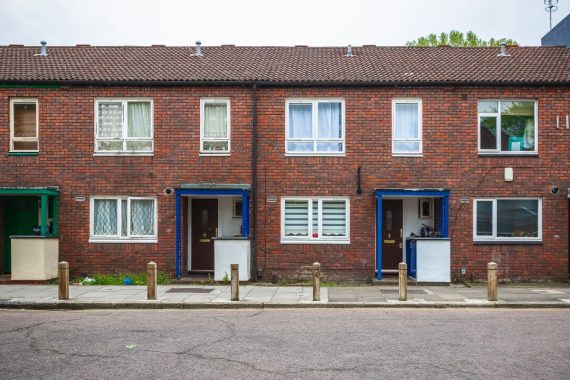GPs in deprived areas need more funding to address ‘inverse care law’, say researchers

More funding is needed for GP practices to address the ‘inverse care law’ in Scotland, researchers have argued.
The team from the Universities of Glasgow and Edinburgh examined interventions and policies to ‘improve general practice’ in deprived areas of Scotland since 2000.
Their review, published in the British Journal of General Practice, focused on studies of GP health programmes in Scotland since 2000 which ‘aimed to improve mainstream Scottish general practice in areas of socioeconomic deprivation’.
The researchers argued that efforts to strengthen general practice in Scotland’s most disadvantaged areas ‘have not received sustained funding’.
They analysed the impact and sustainability of 20 programmes and found that, despite many having improving health outcomes in deprived areas, only two – community link workers (CLWs) and welfare advisers – had received ongoing funding.
Assessing the shortcomings of other programmes, the report said funding was the ‘main barrier’ to sustainability.
Coined in 1971 by GP Julian Tudor Hart, the inverse care law states that ‘the availability of good medical care tends to vary inversely with the need for it in the population served’.
The review said: ‘To address the inverse care law, policymakers should support greater overall investment in general practice, together with additional resources for more deprived areas according to local population need.
‘By proactively engaging with community resources, adopting flexible systems, and embracing extended, patient-centred consultations, GPs can make a tangible difference for those experiencing socioeconomic disadvantage.’
The review found CLW consultations correlated with improved wellbeing for patients and that it had been successfully rolled out nationally, with 300 programmes in GP practices in Scotland.
Piloted in Glasgow in 2014, CLWs are based in GP surgeries and offer help housing, debt, food insecurity, fuel poverty, loneliness, and physical inactivity.
Similarly, welfare advisers – workers attached to GP practices to support patients with financial issues such as debt, benefits, and rent arrears – were found to be impactful and sustainable.
The study reported ‘increased financial gain among eligible patients, demonstrated across disability, child/maternity benefits, as well as debt management and task-shifting away from GPs’.
The review concluded there was a ‘major implementation gap between Scotland’s policy ambitions and sustainable delivery on the ground’.
Common reasons for this included the large burden of need and escalating workload, staff shortages, and reliance on third-sector organisations vulnerable to closure.
Earlier this year, researchers from the University of Glasgow argued that GP practices in deprived areas should be ‘prioritised for resource’ to reduce health inequalities.
In 2023, a study found GP practices in more socioeconomically deprived areas would need support to increase patient contact by 14% to reach parity with more affluent areas.
And the same year, ministers agreed to provide an addition £3.6 million of funding over three years to support the CLW programme in Glasgow following a campaign led by GPs at the Deep End against proposed cuts.
Portfolio careers
What is the right portfolio career for you?

Visit Pulse Reference for details on 140 symptoms, including easily searchable symptoms and categories, offering you a free platform to check symptoms and receive potential diagnoses during consultations.












